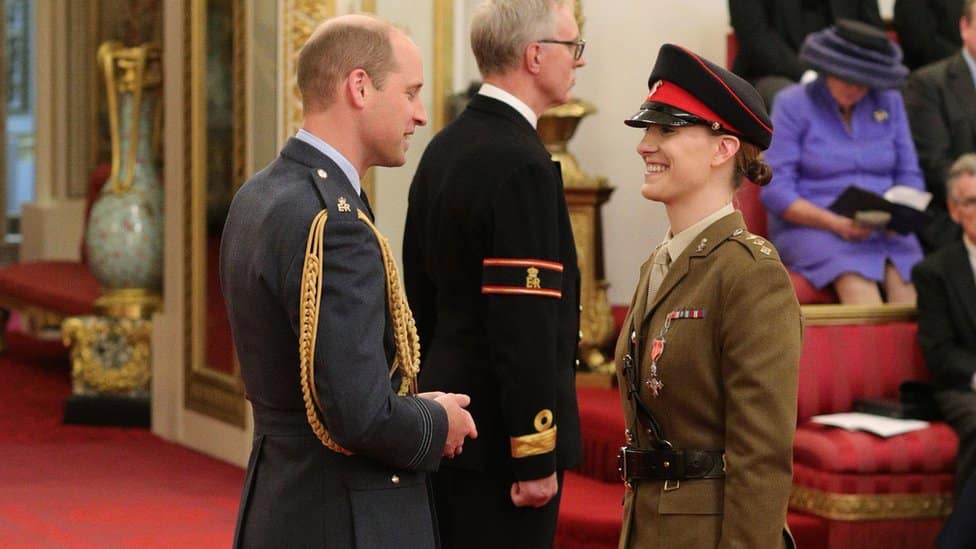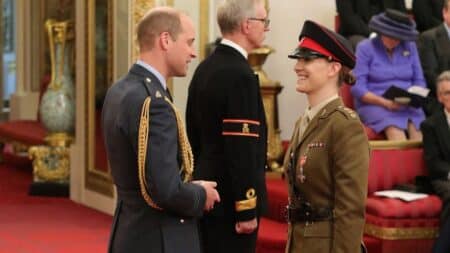
Term Three of the British Officer Program
This article discusses the Sandhurst academy, the Overseas cadet program, and Term three of the British officer program. In addition, you’ll learn about the Commissioning course and the Overseas cadet program. If you’re interested in applying to this program, read on. This article will explain all of these elements, and more! To get started, sign up for the Overseas Cadet Program.

Sandhurst academy
The British officer program at Sandhurst Academy has evolved considerably over the years. It focuses on the roles and responsibilities of officers and how to lead soldiers. The program is very intensive, with cadets undergoing grueling field exercises. The academy was established to train the future British Army officer, but it has also received a number of criticisms for its outdated training methods. The following are a few highlights of the officer program at Sandhurst.
The academic program at Sandhurst has recently undergone an intensive reform, and now offers postgraduate level courses. This is in line with the aim of maximising the learning potential of officer cadets and reinforcing continuous intellectual development after leaving Sandhurst. The programme includes the PG Cert, which accredited by Cranfield University, and a full Master’s Degree. For more information, visit Sandhurst.
Commissioning course
In the British armed forces, the rank of an officer is the highest. While most enlisted members hold NCO ranks, officers actually commissioned officers. CO training focuses on general leadership and management skills, as well as the military specialty for which they will be appointed. As a result, a large percentage of British officers have a university degree. Here’s what to expect during the commissioning course. Listed below are some of the benefits of a CO career.
The first part of the officer commissioning course is the basic training required. Unlike in Germany, British cadets can leave the army in their early 20s, while German cadets must wait until they reach their late 30s. Both courses offer different job roles, and they differ in terms of their occupational future planning. In both cases, the goal of a military career is to help a young man become a good officer.
Overseas cadet program
In addition to preparing the next generation of officers, the British officer program offers overseas cadets an experience that builds upon the academic preparation that cadets receive at Sandhurst. Overseas cadets study at various foreign military schools, with the majority taking specially-designed courses. CC aims and objectives are similar to those of regular CC courses, including themes and learning outcomes. Some cadets also take an English language course.
In addition to the curriculum, senior cadets take six sessions of Law of Armed Conflict training, which includes key principles, responsibilities, and rules of engagement in Jus in Bello. All of this training integrated into the penultimate exercise, known as Exercise Broadsword. This exam helps candidates to put Jus in Bello into practice and demonstrate their leadership skills. The course culminates in a military leadership ceremony, called a “Confirmatory Module”, which allows cadets to demonstrate their skills.
Term three of british officer program
The first two terms of the British officer program devoted to developing leadership skills and academic preparation. In term two, the officer cadets choose the regiment or corps they will join and the third term involves rigorous training exercises both in the UK and overseas. The training exercises accredited by various academic and professional institutions. The third term of the officer program considered the culmination of the officer cadets’ regular commissioning training.
The Army officer selection board is based at Fort Benning, Georgia, and consists of 80 percent university graduates. However, university graduates not required. While the majority of officer cadets are currently serving soldiers, all have the rank of private. The recruits then assigned to a platoon, known as a company. The recruits train in different types of maneuvers and fight from defensive positions.


Comments (0)